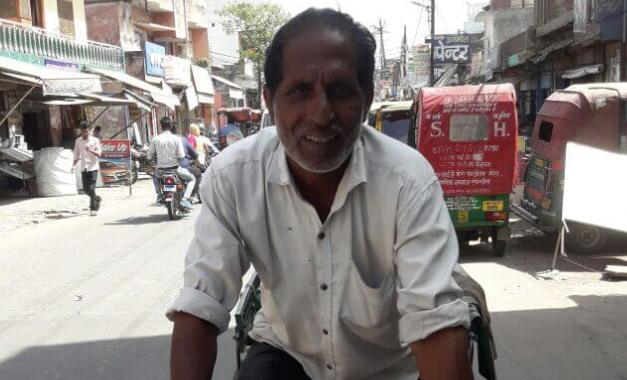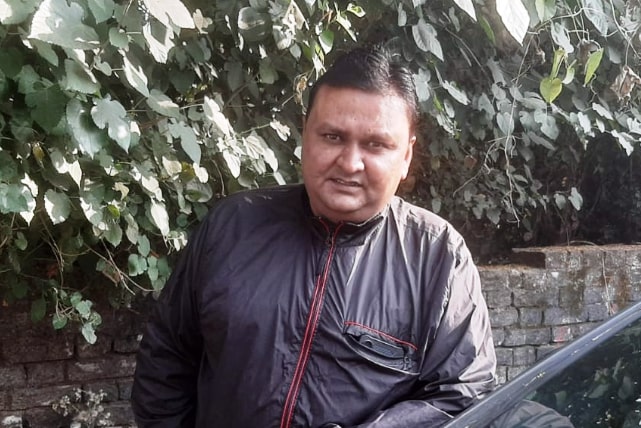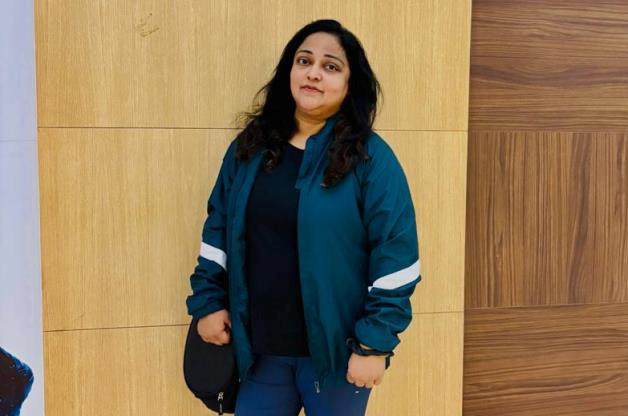
Slaughterhouse Diary I: Pushed to pulling
is a former employee of AQ Frozen Foods Pvt. Ltd, an abattoir in Uttar Pradesh’s Amroha district now closed down for various irregularities as per a state order. Alam is 50, and has to now earn his living as a rickshaw puller in Amroha town.
I can never forget the fateful morning of July 28 last year, when I went to the factory and found the gates sealed, along with a notice pasted on it from the DM (district magistrate) Sahib’s office. Colleagues told me that local Bharatiya Janata Party leaders had complained about some irregularities in the abattoir to get even with Bahujan Samaj Party leader Naseemuddin Siddiqui (now expelled from the party, Siddiqui was allegedly a part owner of the unit).
The Yogi government was quick to oblige. My fate too was sealed. When elephants fight, it is the grass that suffers. Nearly 400 men lost their livelihood at one stroke of Yogi’s ‘knife’. I want to ask you who is the real butcher? Now, at 50, I am forced to pull a rickshaw in the town area, which hardly matches the income and comfort of the life in the company.
In my five years at the slaughterhouse, I had learnt the art of skinning the animals. I was taking home about Rs 5,000 every month. My friends told me I could earn double the amount if I proved my skills at abattoirs in bigger towns. My three sons also chipped in with odd jobs. We lived a decent life, including weekly off days to be with family. Now a day off from work means loss of precious earnings. Already my income is half of what I earned in the factory. I make Rs 100-150 a day.
Nobody pays generously to a rickshaw puller in a place like Amroha. The work is back-breaking labour of 12 hours, in harsh sun or bitter cold. What else can I do? I am illiterate and have no skills to find another job. Some of my colleagues who lost their jobs took to carpenter shops here but with too many of us on the road, jobs are few and far between. Some (of the ex-workers) have migrated to different states to work as farm labour, but they are young men with small families.
I have a large family (three sons and two daughters-in-law), it will be difficult for us to move. It is important that I stay here. Only good thing is that hard times have made my sons more responsible. They now take their odd jobs seriously and contribute towards the expenses of the family. My wife too, after her household work, uses a cot to lay out pan masala and tobacco sachets for sale.
The earning is not much, but every penny helps. I often run into my former boss at the factory, a kind-hearted man. He tells me to remain positive as the Allahabad (High) Court is seized of the matter and, Insha Allah, the factory will re-open soon. One thing has still not changed from the old times. After calling it a day, I visit the chai shop outside the factory to catch up with my old colleagues.
There, over warm tea in small plastic cups, we remember our heydays in the factory. Some have left the town, but there are still less than a dozen of us who still meet up in the evening and pray together for the re-opening of the abattoir.
More From the Slaughterhouse Diary
Part II: A School Reborn
Part III: Blossoms of Hope
-With editorial assistance from Lokmarg



